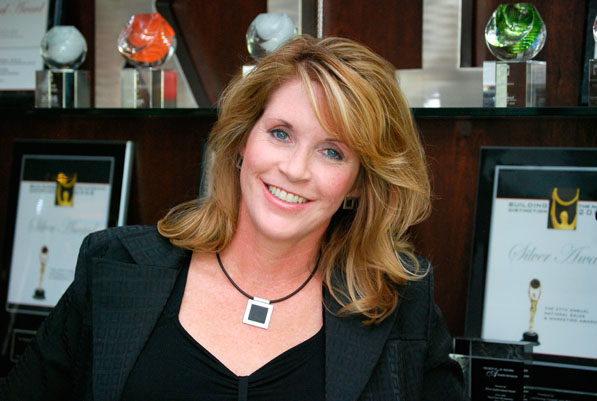
By 2006, West Virginia’s state-run Workers’ Compensation Fund had $3 billion of unfunded liabilities. When increasing premiums and cutting reimbursements did little to salvage the deteriorating financial situation, West Virginia privatized the fund, spinning it off into BrickStreet Insurance. For two and a half years, the company was the only workers’ compensation carrier in the state. Today, however, it faces a vast amount of competition. That’s not holding the company back, though. Below, CEO Greg Burton, who moved to BrickStreet along with the majority of the state’s Workers’ Compensation Commission employees in 2006, tells us the company’s winning strategies that keep them ahead of the competition.
1.Make Teams Multidisciplinary
Most insurers have separate departments to handle underwriting, claims, auditing, and the like. At BrickStreet Insurance, teams are comprised of employees from every department. “Anyone who touches your policy is on one team and sits in a central location,” says Burton of the structure, which the company calls BrickStreet 360°. “We think this structure differentiates us, in that it allows us to better service the customer, be it the agent, the policyholder, or the claimant.”
2. Use an Agent Distribution Model
Insurance companies can sell policies directly to the public or through agents, and BrickStreet Insurance has chosen the latter. “We select 5–10 agents per state, then go out to their offices and show them how our BrickStreet 360° model works,” says Burton. “We think there is a franchise value in having an actual appointment, and it will make us more competitive as we move forward.”
3. Encourage Autonomy
Burton, who previously worked in state government and the private financial sector, says it’s his philosophy to make sure BrickStreet hires talented people, then give them the tools necessary to do their jobs. “It’s my job to set the company’s strategic initiatives, and then allow employees to meet those goals in the way they see fit,” he says. “My philosophy has always been if I have to look over your shoulder and tell you what to do, I don’t need you; I can do your job myself.”
4. Reward Employees
“A happy employee makes for a great workplace,” Burton says. To that end, BrickStreet tries to take care of employees, financially. It has a gain-sharing program that pays employees a percentage of their salaries for meeting specific goals each quarter, and a profit-sharing program that makes annual 401(k) plan contributions if the company meets its overall goals.
5. Maintain Financial Strength
Typically, an insurance agent cannot recommend a policyholder use an unrated carrier without having the policyholder sign a waiver. An A- rating from A.M. Best Company “proves to the marketplace that we have the financial resources to back all of our claims and make the payments that need to be made,” says Burton. “It shows that we’re strong.”
6. Support Community Involvement
The BrickStreet Insurance board of directors believes it’s important to give back to the community. To that end, Burton has implemented a community involvement committee that develops programs to give back to the local community. Each year, for example, the company holds a fund-raiser for a selected charity; between employee contributions and matched amounts by the company, it’s not uncommon to see $40,000 raised. BrickStreet also encourages employees to get involved in the community. “Employees often go to classrooms and read to kids,” Burton cites as an example.
7. Look to Expand
BrickStreet Insurance initially focused on the $345 million West Virginia market. Even with marketplace competition, which began in 2008, the company has retained 50 percent of the West Virginia market share. In 2009, it began implementing plans to become a regional carrier, expanding into other states. It now has $50 million in Illinois, Kentucky, Pennsylvania, and Virginia, and by the end of 2013, has plans to expand into eight other states. To that end, it is opening a Charlotte, North Carolina, regional office to service North Carolina, South Carolina, Alabama, Georgia, and Tennessee.

